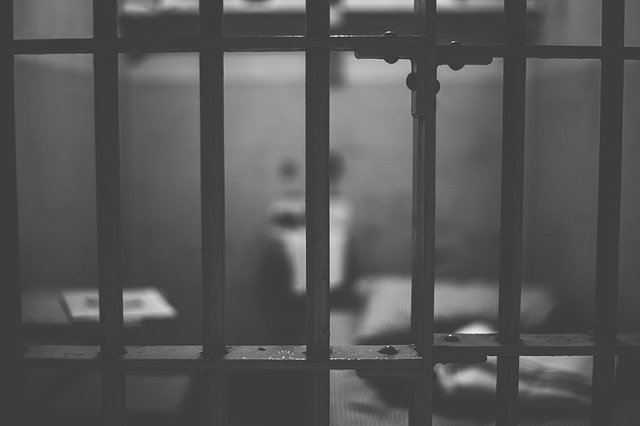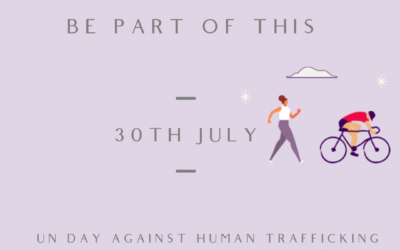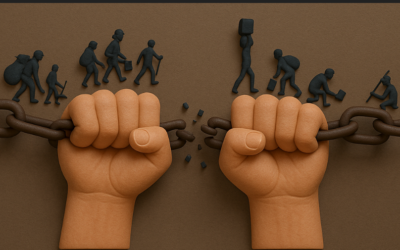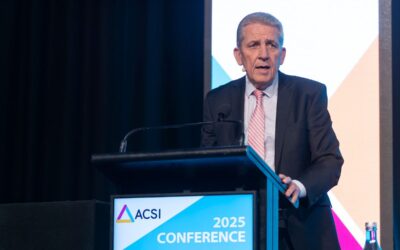Australian shoppers have a lot of freedom to make ethical choices at the shops. Yet, there is more label information about the living conditions of the hens laying our eggs than the people sewing our clothes. Perhaps no one would opt to buy “cage jeans”. Regardless, there are slave-made goods for sale on Australian shelves and they are not all coming from the places you might expect. Many of our day-to-day items come from the efforts of inmates in prisons.
Modern Slaves in Prisons?
The Australian government is currently grappling with a bill, The Customs Amendment (Banning Goods Produced By Forced Labour) Bill 2021, that would ban the import of goods produced with slave labour. As politicians debate, a lot goes unsaid about one of Australia’s largest trading partners. This country has an imprisoned population of over 2.2 million individuals, which is heavily skewed toward minority ethnic groups, who are forced to work for cents an hour, if anything. These modern slaves sew cheap blue jeans for export, manufacture military equipment, and even risk their lives fighting bushfires. Their government doesn’t deny this brazen disregard for human rights. It is in fact enshrined in their constitution.
The US Prison Population
In 1865, the United States banned slavery “except as a punishment for crime”. Immediately, laws were passed making a myriad of minor infractions punishable by prison time; everything from loitering, to being Black in a public park. In the following 150 years, the US has grown its imprisoned population more than any other country on the planet. Over 630 Americans per 100,000 are imprisoned, and nearly all are forced to work. By comparison, about 230 Chinese per 100,000 are in the criminal prison system and the Xinjiang “labour camps” combined. This is less than half the rate of the US. In fact, 25% of all imprisoned people on the planet are in the US, despite only having 5% of the world’s population.
The federal and state governments profit from this free labour directly, selling it to corporations, but the rise of for-profit prisons puts an even finer point on it: Americans are imprisoned for corporate profit. Over $2 billion in profit is extracted annually from their labour. The minimum wage for federal prisoners is $0.23/hr and the maximum wage is $1.41. In many state prison systems, no pay at all is required.
Australian Modern Slavery
Australia is head and shoulders above the rest of the world in fighting modern slavery. The passage of the Modern Slavery Act in 2018 is a landmark bill and The Customs Amendment now being debated is another important step. The subtext for the debate is the Uighur internment camps in China, as it should be. This is not to detract from the ongoing atrocities there, which many agree amount to genocide. Rather to point out that denouncing the sins of our rivals does not absolve the sins of our friends. Australia has a lever that can be made to push against China’s genocide while lifting the US’s standards of justice at the same time.
A lot Australian of businesses, often unknowingly, profit from slavery, including both US and Chinese prison labour. Supply chains are often opaque by design, allowing bad actors to offer both low costs and plausible deniability. Cleaning up Australian supply chains will hold the country up as a model to friends, put rivals in check, promote Australian-made goods, and build an economy Australians can be proud of.
Written by: Alex Wall
Join our Community
Help raise awareness and join a local volunteer team, contact us here.
Or if you would like to get our monthly update, opt-in here.
If you would like to support a survivor, donate here. (tax-deductible)




